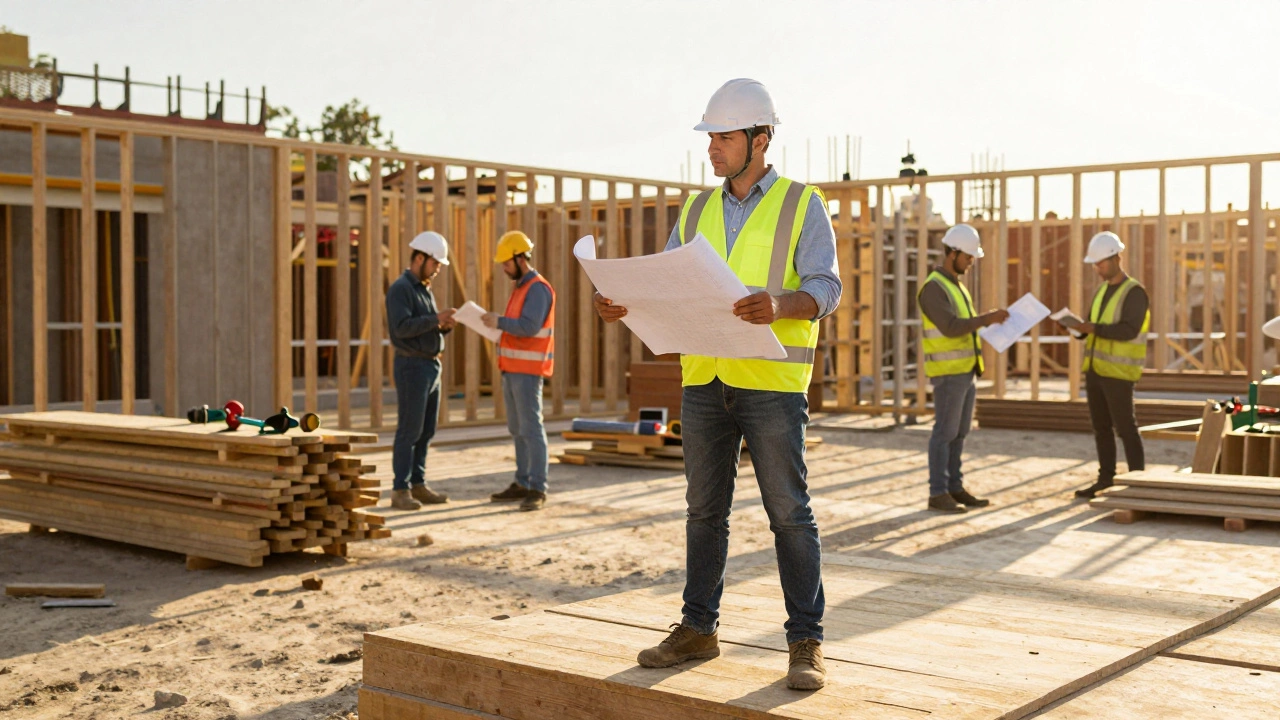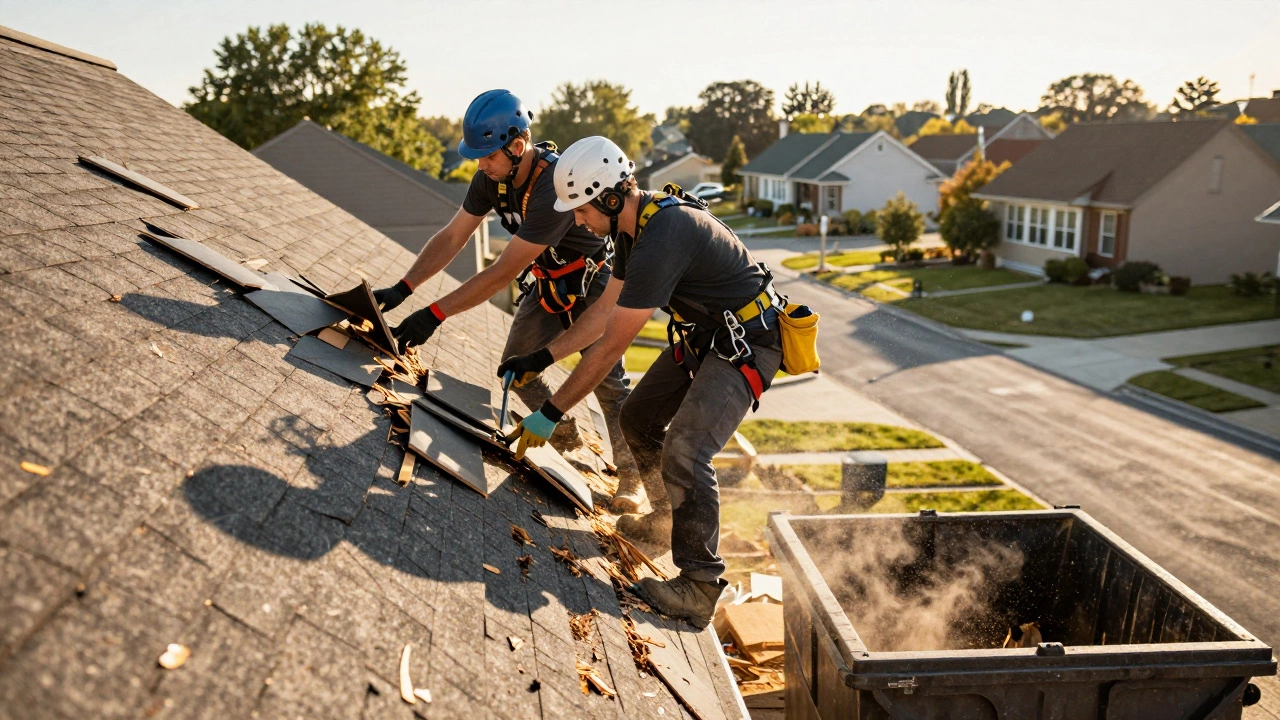Construction Services: What You Need to Know Before You Build
Thinking about a new build, a renovation, or an office fit‑out? The first thing most people overlook is choosing the right construction service. It’s not just about picking the cheapest quote – it’s about finding a team that actually gets your vision and can deliver it on time and on budget. Below you’ll find straight‑forward advice that cuts through the jargon.
What Does a Building Contractor Actually Do?
A building contractor is the person (or company) who turns your plans into reality. They coordinate the crew, order materials, manage schedules, and keep an eye on safety. In short, they are the project’s central nervous system. When you hire a contractor, you’re trusting them to juggle everything from permits to final clean‑up, so you don’t have to worry about the day‑to‑day details.
Good contractors also act as problem‑solvers. Unexpected issues – like hidden water damage or a supplier delay – pop up on any site. A seasoned contractor will have a plan for each hiccup, keeping the project moving without costly overruns. That’s why checking a contractor’s experience, especially on projects similar to yours, matters.
Choosing a Reputable Contractor – Real‑World Tips
Start with people you trust. Ask friends, family, or neighbours who have recently built or renovated. Their stories give you a feel for reliability, communication style, and quality of work. Next, dive online. Look for recent reviews, but read between the lines – a pattern of complaints about missed deadlines or hidden fees is a red flag.
Never skip the paperwork. A reputable contractor will have a valid licence, insurance, and a clear, written estimate. Insist on a contract that outlines the scope, timeline, payment schedule, and what happens if something goes wrong. If a contractor is vague or pushes you to pay a large lump sum up‑front, walk away.
Ask for references and visit a current job site if possible. Seeing the crew in action tells you a lot about their professionalism and safety standards. Also, ask about subcontractors – many contractors hire specialists for electrical, plumbing, or finishing work. Knowing who will be on site helps you stay informed.
Now, you might wonder how a contractor differs from a construction company. In simple terms, a contractor is an individual or a small team that manages a specific project. A construction company, on the other hand, is a larger organization that can handle multiple projects simultaneously, often with in‑house design, engineering, and procurement departments. If your project is complex – say a multi‑storey office block – a construction company may offer more resources. For a single‑family home, a skilled contractor can be a better fit and more cost‑effective.
Cost is another factor, but don’t judge solely on price. The cheapest quote can hide low‑quality materials or rushed labour, which ends up costing more in repairs later. Ask for a detailed breakdown of labor, materials, and any markup. Transparent pricing shows the contractor respects your budget and wants to avoid surprises.
Finally, communication is king. Your contractor should respond promptly, explain decisions in plain language, and keep you updated on progress. If they speak in technical terms without checking that you understand, you’re likely to end up with unmet expectations.
By following these steps – checking references, verifying credentials, demanding clear contracts, and understanding the contractor vs construction company distinction – you’ll feel confident that your construction service will deliver exactly what you want. Ready to get started? Take the first step today and reach out to a few vetted professionals. Your dream space is only a solid partnership away.











